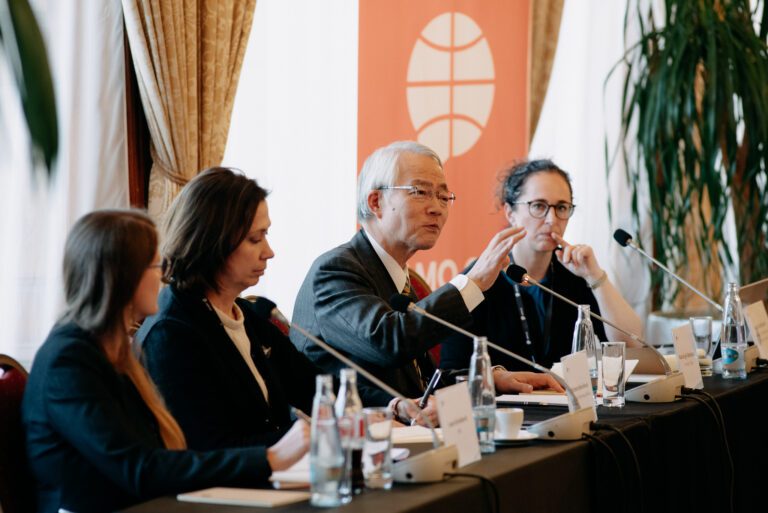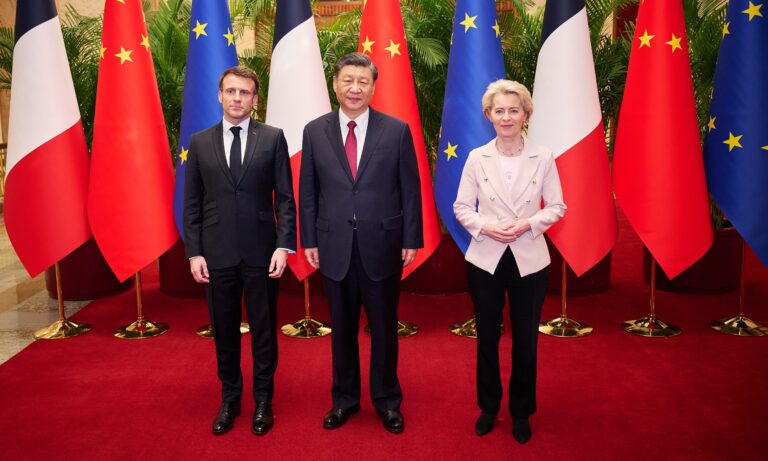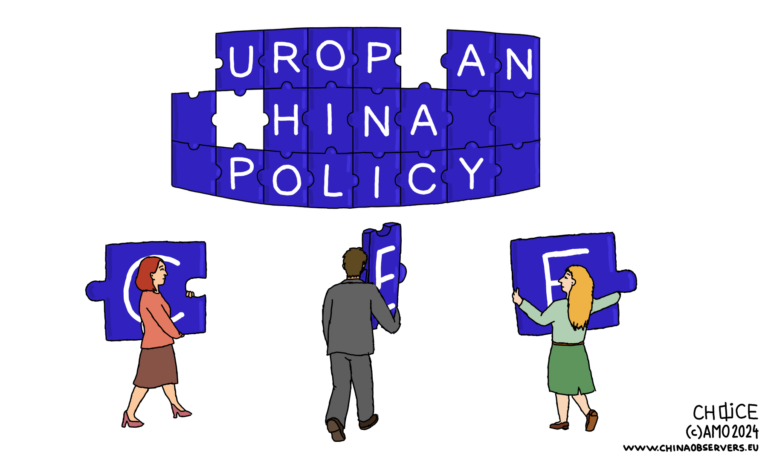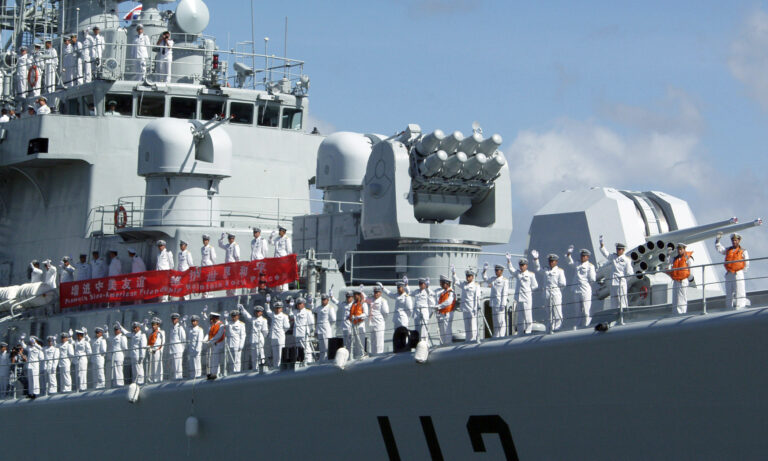#Security
Interlinked Instability: Central and Eastern Europe and the Indo-Pacific in a Changing Geopolitical Landscape
The “Interlinked Instability: Central and Eastern Europe and the Indo-Pacific in a Changing Geopolitical Landscape” conference, held in Prague on March 3–4, 2025, brought together policymakers, academics, and security experts to discuss shared challenges…
Beyond TikTok: The National Security Risks of Chinese Agricultural Drones
This article was originally published by War on the Rocks and is republished here with the permission of the authors. While Washington fixates on TikTok’s potential to share personal data with Chinese intelligence for disinformation…
Voice for CHOICE #48: Combatting Malign Influence in Cyberspace with Puma Shen
In recent years, countries like Russia, Iran and China have started to ramp up their efforts to influence public opinion, interfere in democratic process, and undermine democratic regimes. Influence operations, including propaganda, disinformation, and…
Why the EU Must Keep Talking with China about Russia
It seems that recently, there have been growing doubts as to whether there is still a need to talk to China about Russia and their ‘no-limits’ friendship. This was noticeable during Scholz’s visit to China, whose request to Xi Jinping to put pressure on Putin to withdraw Russian troops from Ukraine was met with harsh criticism. While Scholz’s visit deserves to be scrutinized, mainly because his stance undermines the EU China agenda, including the German China strategy, his comments on Ukraine should not be assessed so negatively. Raising the Russia issue and asking China to put pressure on Putin is an important factor in the Western delicate deterrence-assurance game with Beijing.
Could China Be the Key to Palestinian Unity?
In April 2024, Beijing hosted reconciliation talks between two rival Palestinian factions, the Palestinian National Liberation Movement (Fatah) and the Islamic Resistance Movement (Hamas). Although the meeting brought no concrete results, the two sides seemingly showed willingness to continue working towards internal Palestinian unity and solidarity. This comes as China tries to establish a firm footing in the Middle East by aiding with the mediation of a ceasefire between Israel and Hamas, who have been at war since the October 7 massacre.
The Missing Pieces? How CEE Can Contribute to a Stronger European Approach to China
This paper authored by CHOICE Research Fellows Ana Krstinovska, Alicja Bachulska and Una Aleksandra Bērziņa-Čerenkova seeks to answer the question of how Central and Eastern European (CEE) countries can use their experience and unique perspectives on relations with China to contribute to a more unified, competent, and self-confident European policy towards Beijing.
China’s Use of Foreign Open-Source Software, and How to Counter It
This article was originally published on The Strategist blog of the Australian Strategic Policy Institute and is republished here under Creative Commons Attribution-NonCommercial-NoDerivatives 4.0 International License. The Wall Street Journal recently exposed a 2022 Chinese government…
Voice for CHOICE #37: Unpacking Hungary’s Relationship with China with Szabolcs Panyi
In the past few years, Hungary has seen a surge in new investments from Chinese companies in the EV industry. Chinese battery and EV makers have been attracted by the favorable political climate and…
Anti-Western Axis of China, Russia and Iran Forging Closer Ties Amid Growing Tensions in the Middle East
As tensions continue to rise in the Middle East, China, Russia, and Iran conducted joint naval drills in the Gulf of Aden and the Arabian Sea between March 11 and March 15, 2024. The exercise, under the name “Maritime Security Belt – 2024”, was described as a joint effort to safeguard maritime security and regional peace and stability. However, against the backdrop of the US and some EU countries’ unprecedented naval presence in the Red Sea, the drills can also be seen as sending a clear signal to the West and as a part of a longer-term pattern of boosting the trio’s mutual cooperation.
China Probes the Ground for Negotiations in the Russian-Ukrainian War
China has conducted a second round of shuttle diplomacy to “seek political settlement” to what it calls the “Ukrainian crisis.” Special Representative of the Chinese Government on Eurasian Affairs Li Hui visited Russia, the EU headquarters in Brussels and also Poland, Ukraine, Germany, and France, trying to gauge the outlook of a negotiated settlement – one that would favor Russia.
Guardians of Knowledge: Why the EU’s New Research Security Approach Puts European Universities in a Bind
The European Commission’s latest efforts on enhancing research security address the risks associated with academic engagement with Chinese universities and research institutions. The initiatives aim to coordinate EU member states and bring academia on board in considering Europe’s economic security as well as defence. However, the “security turn” in EU research policy has created a host of new dilemmas for the continent’s universities.
Year Two: Appraising Chinese Foreign Policy Towards the War in Ukraine
Two years into the war, China continues with its cautious and indirect support for Russia, while seeking to avoid damage to its own interests.











